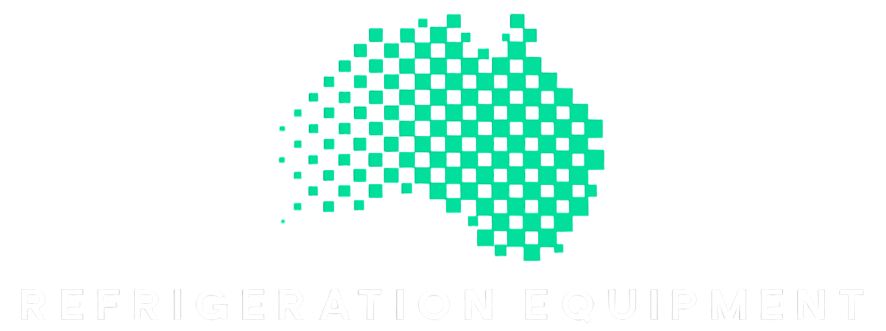The IBM Cloud is a set of cloud computing environments supplied by IBM that comprises platform as a service (PaaS) and infrastructure as a service (IaaS). Organizations can use IBM Cloud IaaS to host and manage virtualized IT capabilities such as computation power, memory, and communications over the Internet. Organizations can select between bare-metal and virtualized machines for performance. Using PaaS, which is built on the cloud-based application architecture Cloud Foundry, developers can create, develop, administer, and publish a wide range of technologies for the cloud platform, as well as for local or global settings.The Cloud Infrastructure supports a variety of software applications, notably Java, Node.js, PHP, and Python, and may be updated to accommodate more language skills.
The Benefits of the IBM Cloud
The IBM Cloud has a few standout features that its competition doesn’t really have. It is, for example, the only major cloud vendor that promotes bare metal servers, which may be particularly appealing for enterprises with specific performance or security requirements. IBM also provides enterprises with a great deal of flexibility and customization possibilities that other providers do not. On the flipside, configuring and deploying a custom server might take several hours, so these solutions aren’t as quick as AWS, Azure, or Google. IBM i-cloud also distinguishes itself in a few other areas, such as its cutting-edge blockchain offering and Watson cognitive computing capabilities. Preventive maintenance, on-site/remote support, and actionable insights into important business applications and data are all available. With support for over 240 open source packages, you can accelerate developer creativity. IBM Technology Support Services provides IT support for your whole IT environment, including cloud, data centre, and on-premise IT architecture.

IBM Cloud services contribute to
Access to additional IBM tools and services, such as IBM Watson and IBM i cloud Functions for server less computing, as well as from third-party vendors, is facilitated via the IBM Cloud infrastructure. The IBM Cloud Catalog includes approximately 170 services divided into categories, including:
- It provides a variety of computer resources, such as bare-metal servers, virtual servers, server-less computing, and containers, for organizations to host their workloads on.
- Connectivity: Provides cloud networking services such as a load balancer, a content delivery network (CDN), VPN tunnels, and firewalls.
- Storage: Provides cloud data storage in the form of objects, blocks, and files.
- Monitoring tools include log data, robotics, and Infrastructure as Code (IaC) for managing and monitoring cloud deployments.
- Developer tools include a command-line interface (CLI) as well as tools for continuous delivery, continuous release, and application pipelines.
- IBM Blockchain Platform is a software-as-a-service platform for developing apps, enforcing governance, and monitoring a blockchain network.
- Connectivity: Provides customized solutions for online as well as on-premises applications, as well as different applications, such as API Link, App Connect, and IBM Secure Portal.
- Offers tools for moving programmes to the cloud, such as IBM Lift CLI and Cloud Mass Data Conversion.


